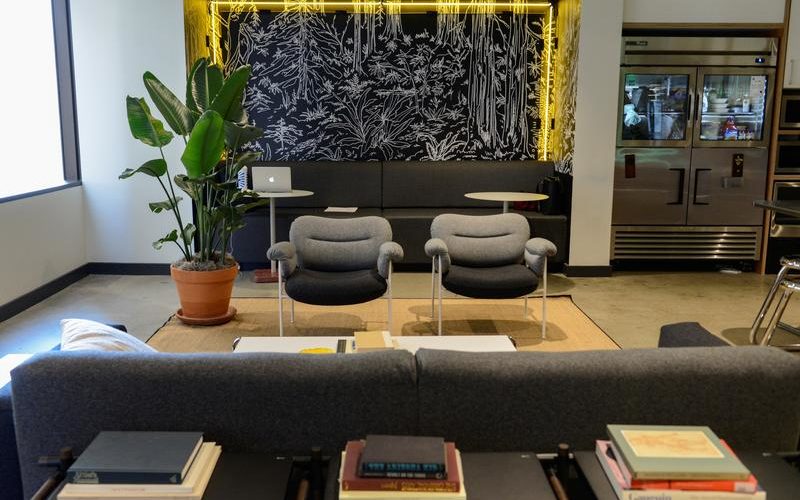BY AIMEE DONNELLAN
IWG’s suitors could use some WeWork magic. The original shared-office provider has been approached by three private equity bidders. Though the shares are up 30 percent, its market value is just over last year’s revenue. Trendy upstart WeWork is valued at 20 times its sales. Buyers will be hoping some of the sparkle will rub off.
Mark Dixon, IWG chief executive who created the shared-office space industry, may have found an exit. The company in which he holds a 25 percent stake has received undisclosed cash offers from buyout houses Starwood Capital and TDR Capital; Lone Star Funds has also expressed an interest.
Investors seem keen. The share price rally that began on Friday has added about 700 million pounds to the company’s market value. At 2.8 billion pounds, it is valued at 1.2 times last year’s revenue, and 22 times earnings.
That looks pedestrian when compared with main industry rival WeWork. The privately owned group had become a darling among venture capital investors and entrepreneurs for its cool offices which offer beer kegs and freshly ground coffee. Its equity was valued at $20 billion valuation at its most recent private fundraising – a multiple of more than 20 times last year’s revenue of $900 million.
On that basis the larger IWG, which has 3,000 locations in 114 countries, should be worth more than $60 billion. But the London-listed group is growing much more slowly. Revenue inched up 1.9 percent last year and it was forced to issue a profit warning due to waning demand for its London offices. By contrast, the New York startup’s sales doubled.
A takeover is not certain. Canadian private equity firms Onex Corp and Brookfield Asset Management last year made a joint approach which a Bloomberg report suggested valued the company at 300 pence per share. Those talks fell apart in February.
Both IWG and WeWork are in the business of sprucing up offices and offering them to short-term tenants at a markup. That suggests the yawning valuation gap will eventually close. Prospective buyers will be betting IWG can be made to look more like WeWork, rather than the other way round.
First published May 14, 2018
(Image: REUTERS/Kate Munsch)
